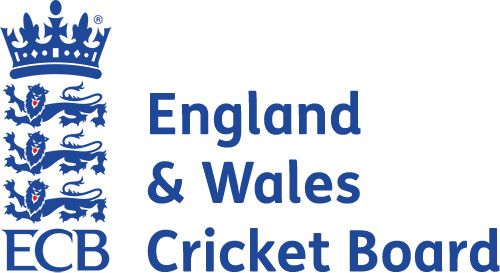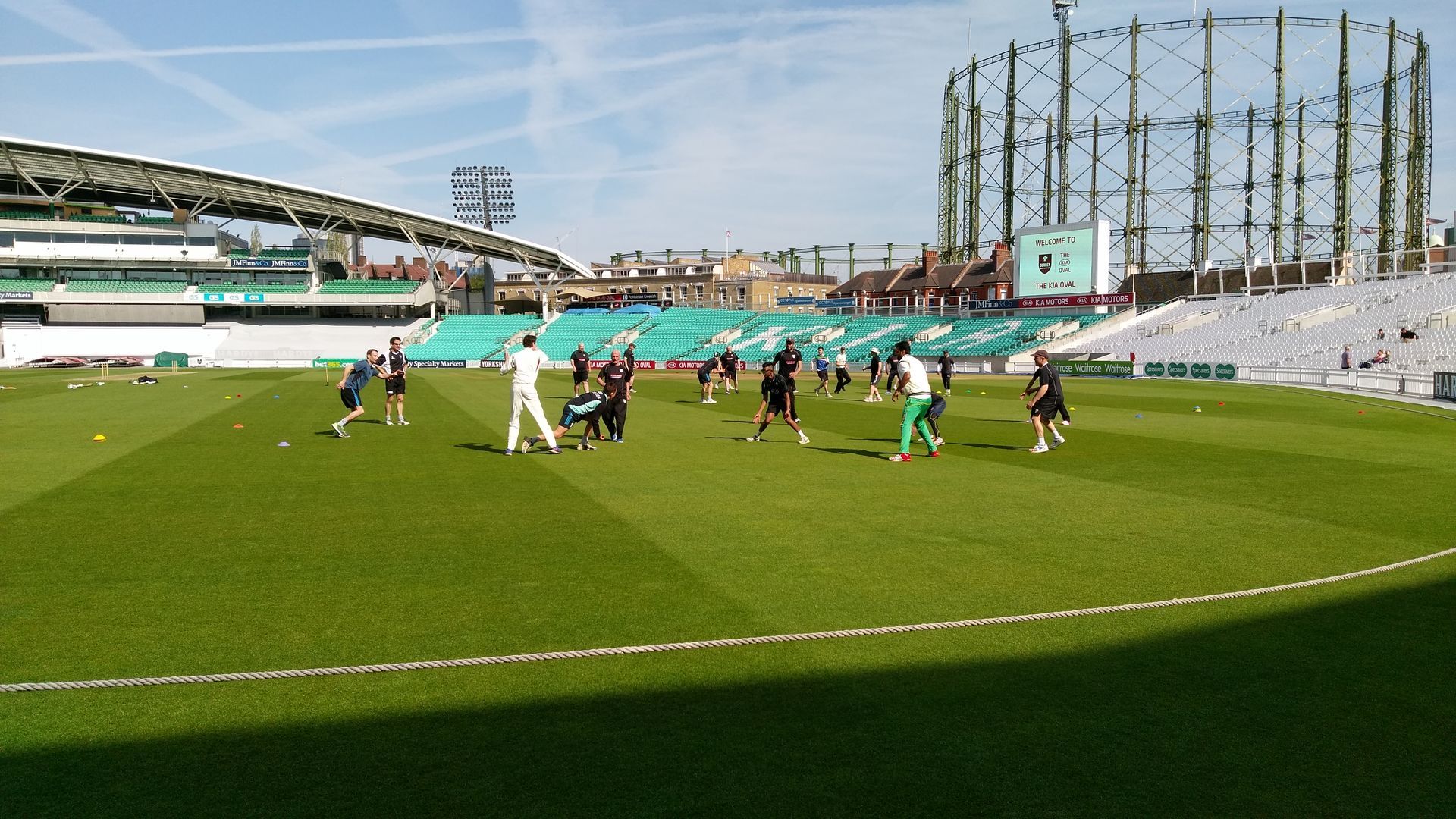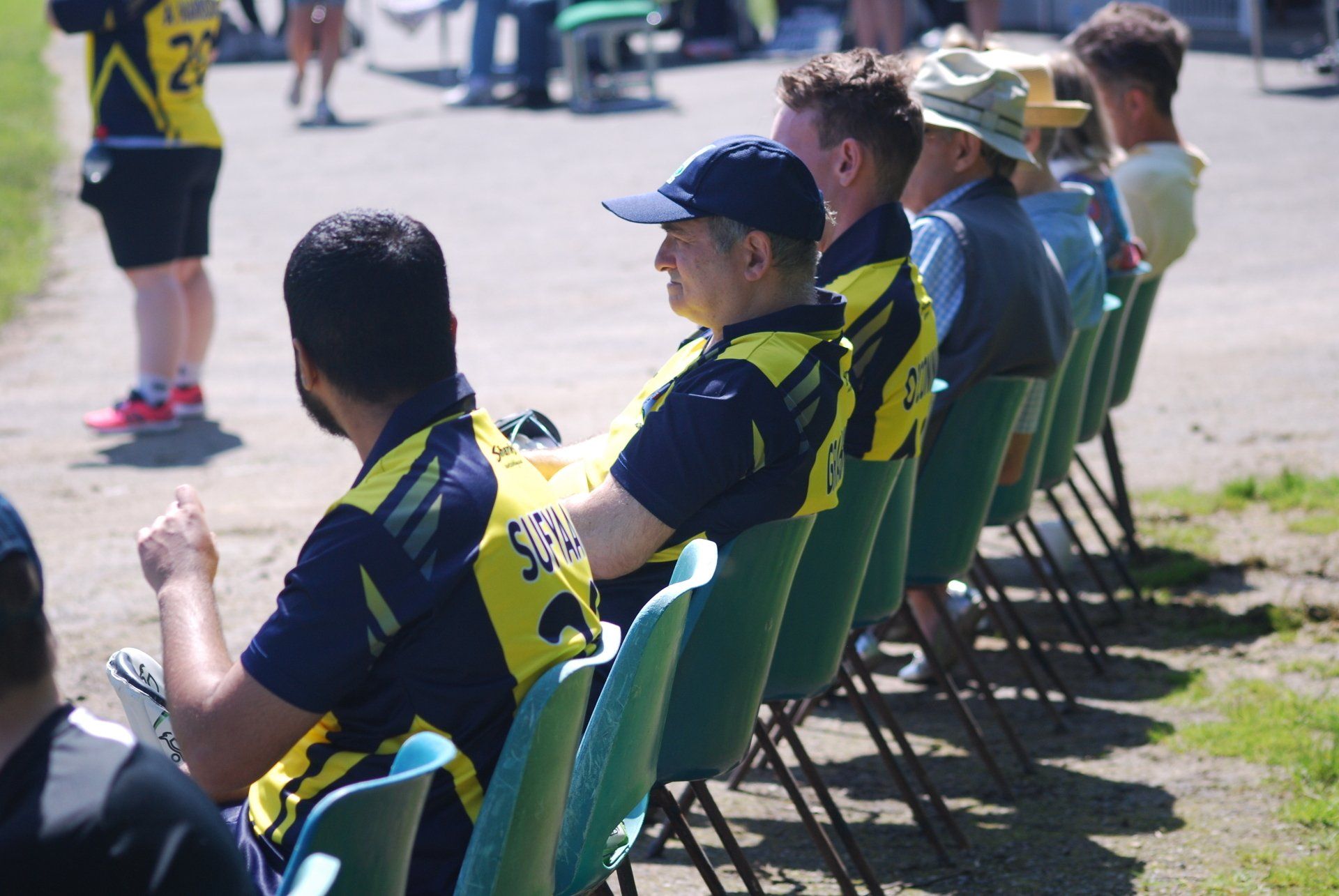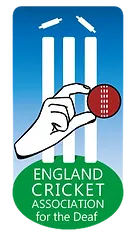
Deaf Cricket Australia to Stop Operating
A Heart-breaking Decision That Shakes the Deaf Sporting Community
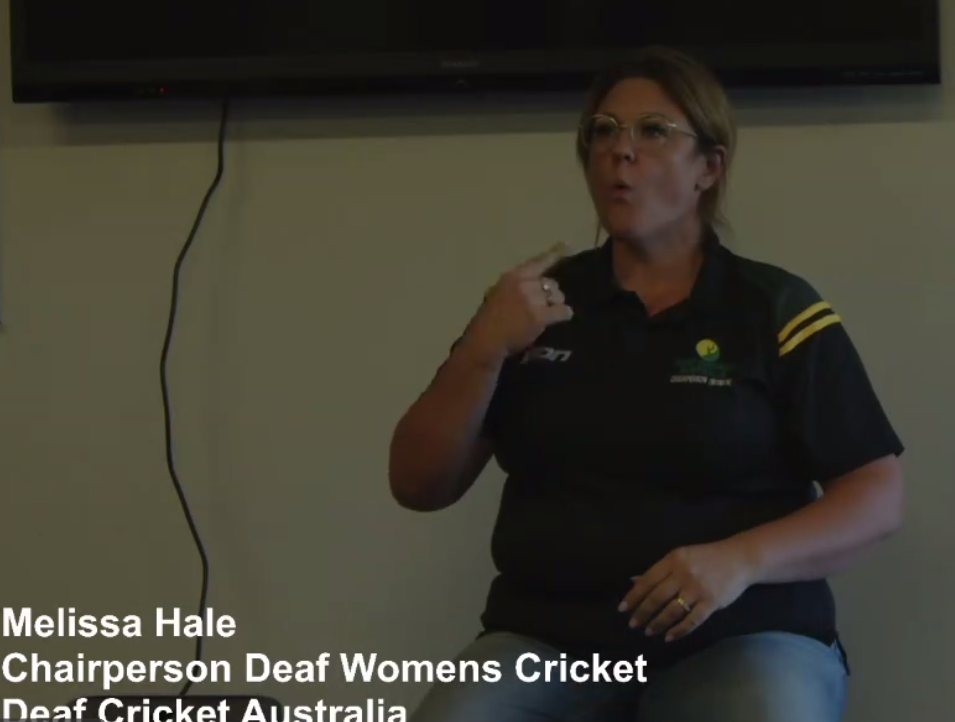
This article appears here in full with kind permission of the TwoBigEars blog of International deaf sport politics and issues.
On January 31st, 2025, members of Deaf Cricket Australia (DCA) gathered at Melbourne Deaf Cricket Club and online for a historic but deeply emotional meeting. What should have been a celebration of 130 years of Deaf cricket in Australia turned into a painful farewell as the organization announced its closure.
Two Big Ears was able to look in and ask questions to the livestreamed session, thanks to Expression Australia for setting up the technical arrangements.
The decision was not made lightly. DCA representatives Melissa Hale, Justin Bergen, and James Hale stood before a devastated audience and explained the irreversible breakdown in negotiations with Cricket Australia (CA). The raw emotion in the room was unmistakable. As they spoke, their heartbreak was visible to everyone—they fought to hold their composure, but it was clear how much this loss meant to them.
Cricket Australia’s Grip on Deaf Cricket
In recent years, Deaf Cricket Australia had to adapt to the structures set by Cricket Australia, which controls the National Cricket Inclusion Championships (NCIC) and the Australian Deaf Cricket Team.
The problem? Cricket Australia had full control.
Under its agreements, DCA:
- Lost its autonomy to run independent competitions or seek its own sponsorships.
- Was denied the right to form an Australian Deaf Women’s Cricket Team, despite other countries like India, Sri Lanka, and England already having theirs.
- Had no say in decisions affecting Deaf cricket at a national level.
Melissa Hale made it clear:
“We knew from 130 years of history how Deaf cricket works. Cricket Australia just did not agree.”
With most hard-of-hearing players growing up in the hearing world, DCA’s biggest fear was that, without Deaf leadership, the future of the sport would become just another hearing-dominated system, stripping it of the cultural and community values that made it unique.
A Decision Five Years in the Making
For over five years, Deaf Cricket Australia pushed for greater Deaf leadership, Deaf mentors, and a structure that protected Deaf culture within the sport.
But the barriers were impossible to break. Cricket Australia repeatedly denied requests for a Deaf Women’s team, offered no explanation, and blocked attempts to secure independent sponsorship due to corporate agreements.
Faced with no alternative, DCA made the painful decision to cease operations and seal its history. The name, logo, and trophies—including the prestigious Webby Cup and Abraham Shield—will now be preserved as historical artifacts.
A Tearful Goodbye: Holding Composure in the Face of Heartbreak
The most gut-wrenching moment of the night came when Melissa Hale, Justin Bergen, and James Hale gave their final remarks.
Each one fought back tears as they addressed the audience. Their voices wavered, and their hands trembled as they signed, trying not to break down. The weight of their words was heavy, and everyone in the room could feel their pain.
Justin Bergen, who has been part of Deaf Cricket Australia since 1994, shared how difficult it was to explain this decision to DCA life members like John Webb OAM, Kevin Smith, and Tony Clues.
“It’s been part of my life for 30 years. This was the hardest thing I’ve ever had to do.”
James Hale described the internal battles and sleepless nights that went into this decision, recalling a painful meeting with state representatives in March 2024, where it became clear that
DCA could no longer continue.
Melissa Hale, visibly struggling to keep her emotions in check, admitted:
“I feel like I’ve ripped the heart out of the Deaf community today. I feel sick and have done all week, knowing I’d have to face you and tell you this.”
As they spoke, the room was silent. Many in the audience had tears in their eyes. The heartbreak was not just theirs—it belonged to the entire Deaf cricketing community.
What Happens Now?
With DCA gone, the NCIC will continue under Cricket Australia’s control, but with no Deaf leadership. This raises urgent concerns:
- Without Deaf mentors, how will new Deaf players be welcomed into the sport?
- Will Deaf culture and identity be respected in a hearing-dominated system?
- Can Deaf Sports Australia (DSA) step in and ensure that Deaf cricket doesn’t disappear entirely?
Phil Harper from Deaf Sports Australia acknowledged these challenges but admitted that DSA oversees 16 different sports and cannot take over grassroots Deaf cricket development.
A Loss Felt Across Generations
The closure of Deaf Cricket Australia is more than just a sporting decision—it is a cultural loss for the Deaf community.
For 130 years, Deaf cricket was not just a game; it was a place of belonging, a space where Deaf people could connect through their language, identity, and shared experiences.
Now, that space is gone.
A Call to Action
The future of Deaf cricket now lies in the hands of
the players and the community. While Cricket Australia will continue running its teams, the question remains:
Will Deaf players accept this new system, or will they fight to keep their culture alive?
If the community wants change, now is the time to step forward, contact Deaf Sports Australia, and push for a system that respects Deaf identity and leadership.
For now, Deaf Cricket Australia is gone. But the spirit of its players, past and present, will never be forgotten.
#DeafCricketAustralia #EndOfAnEra #CricketForTheDeaf #DeafSports #CricketAustralia #InclusiveSport #DeafCommunity #130YearsOfHistory
Find out more about becoming a member?

England Cricket Association for the Deaf.
All content on this website is maintained by England Cricket Association for the Deaf. England Cricket Association for the Deaf is a registered charity in England & Wales no. 1182075
